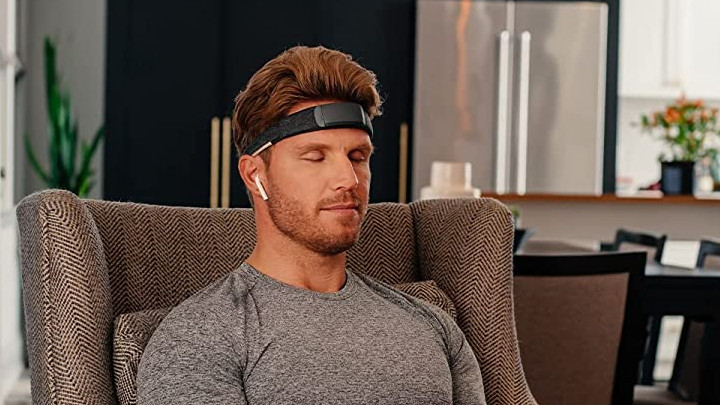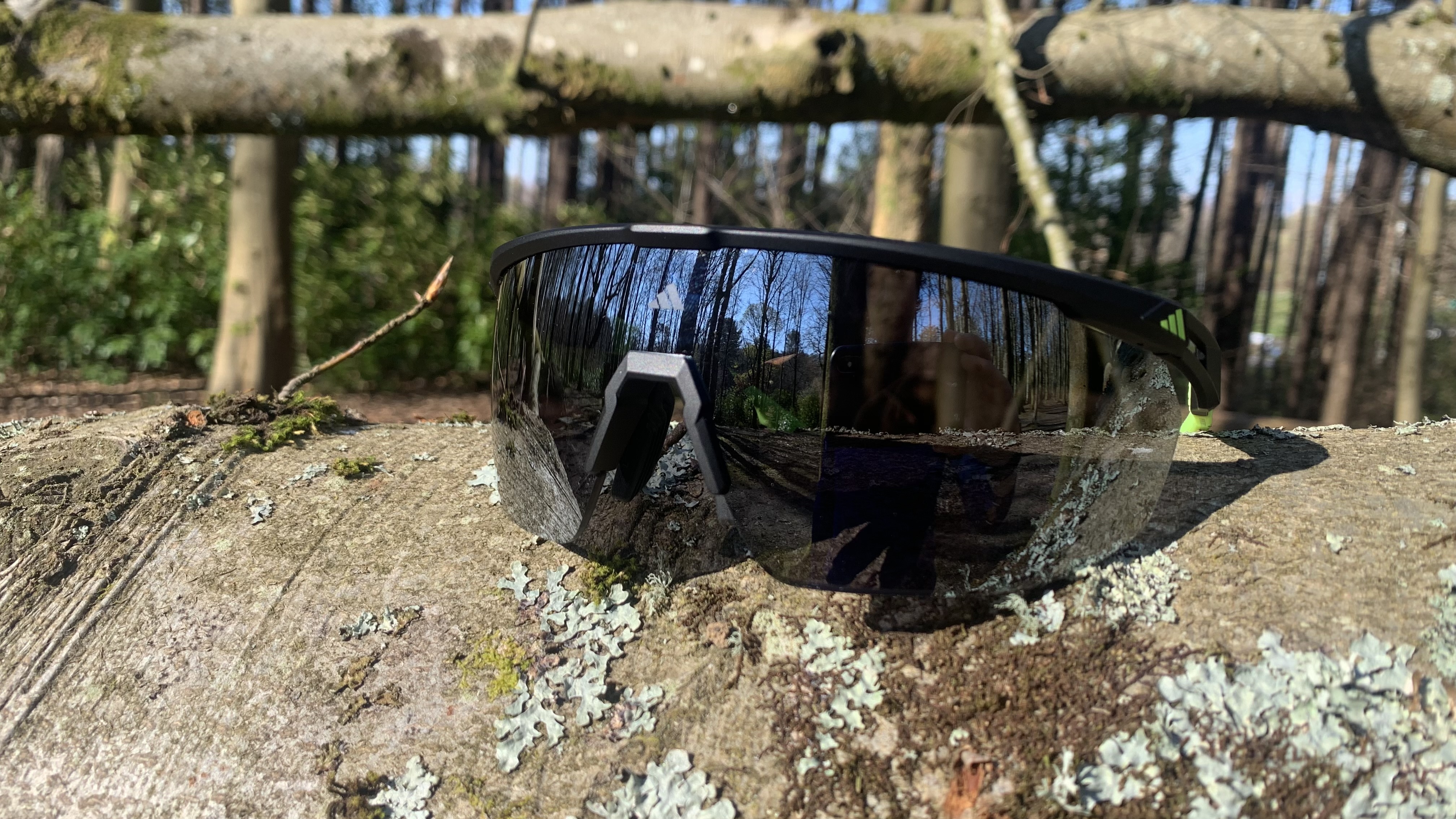
Zepp, the parent company of sports tech brand Amazfit, could be working on a set of sports headphones that will detect when your mind begins to wander, and use techniques like calming audio to help you regain your focus.
A newly published patent application registered with the US Patents and Trademarks Office describes a brain-to-computer interface that detects electrical signals in the brain using a type of electroencephalogram (EEG), then assesses your cognitive state, and gives you feedback to change your brain activity. For example, if you're meant to be concentrating and your mind starts to wander, your earphones could play sounds to bring your attention back to the task at hand.
"A wandering mind may be considered to be in a different spatial and/or temporal context," the application says, "For an example, while studying, the user might start thinking about the vacation that the user is going to have a month from now or the user could be thinking about that conversation the user had with a friend two days ago. Those events can be classified as mind-wandering events because the user is thinking about things that are not in the immediate environment and/or are not a current task.
"A focused state may be defined as thinking about (eg, focusing on, etc) things that the user is currently doing and are currently in the user's immediate environment."
Mind-reading earbuds?
The idea might sound far-fetched, but it's actually quite plausible, and there are already 'brain sensing' devices on sale that are intended to help calm a racing mind. The Muse S, for example, is a soft headband with a set of sensors that sit against your forehead and monitor EEG activity.
The headband pairs with a mobile phone app, which includes a variety of interactive meditation and mindfulness programs featuring audio cues that change in response to brain activity. For example, one meditation session features the sound of rainfall in a forest. If your mind is calm, the rainfall will lessen and you'll hear the occasional bird. If your mind wanders, the sound of rain will increase, prompting you to focus on your breathing.

Amazfit is no stronger to building unusual tech into its sports headphones, either. Last year, the company launched the Powerbuds Pro – a set of true wireless earbuds designed for use at the gym, on the trails, and at your desk. While you're working, active noise cancellation blocks out distractions, and you can make calls using the headphones; built-in microphones. Unusually though, the earbuds also contain a tiny accelerometer that can detect the position of your head in relation of your cervical spine, and warn you if you're slumping in your chair.
Advnture Newsletter
All the latest inspiration, tips and guides to help you plan your next Advnture!
The accelerometer also comes in to play when you're exercising, detecting when you've started to run and estimates your speed and distance, while an optical heart rate sensor tracks your pulse.
The tech described in the new patent application would also be a logical addition to the Amazfit Zenbuds, which are tiny earplugs that play soothing sounds at night to help you drift off, and monitor your heart rate and movement overnight to track your sleeping patterns. During the day, they can lead you through guided meditation sessions and mask distracting noises.
A patent application is no guarantee that we'll see Amazfit's brain-sensing tech in a pair of running headphones, but it's certainly possible that a set of focus-enhancing earbuds could be on the way.
- Best running headphones: enjoy music and podcasts on the move

Cat is the editor of Advnture, She’s been a journalist for 15 years, and was fitness and wellbeing editor on TechRadar before joining the Advnture team in 2022. She’s a UK Athletics qualified run leader, and in her spare time enjoys nothing more than lacing up her shoes and hitting the roads and trails (the muddier, the better), usually wearing at least two sports watches.
